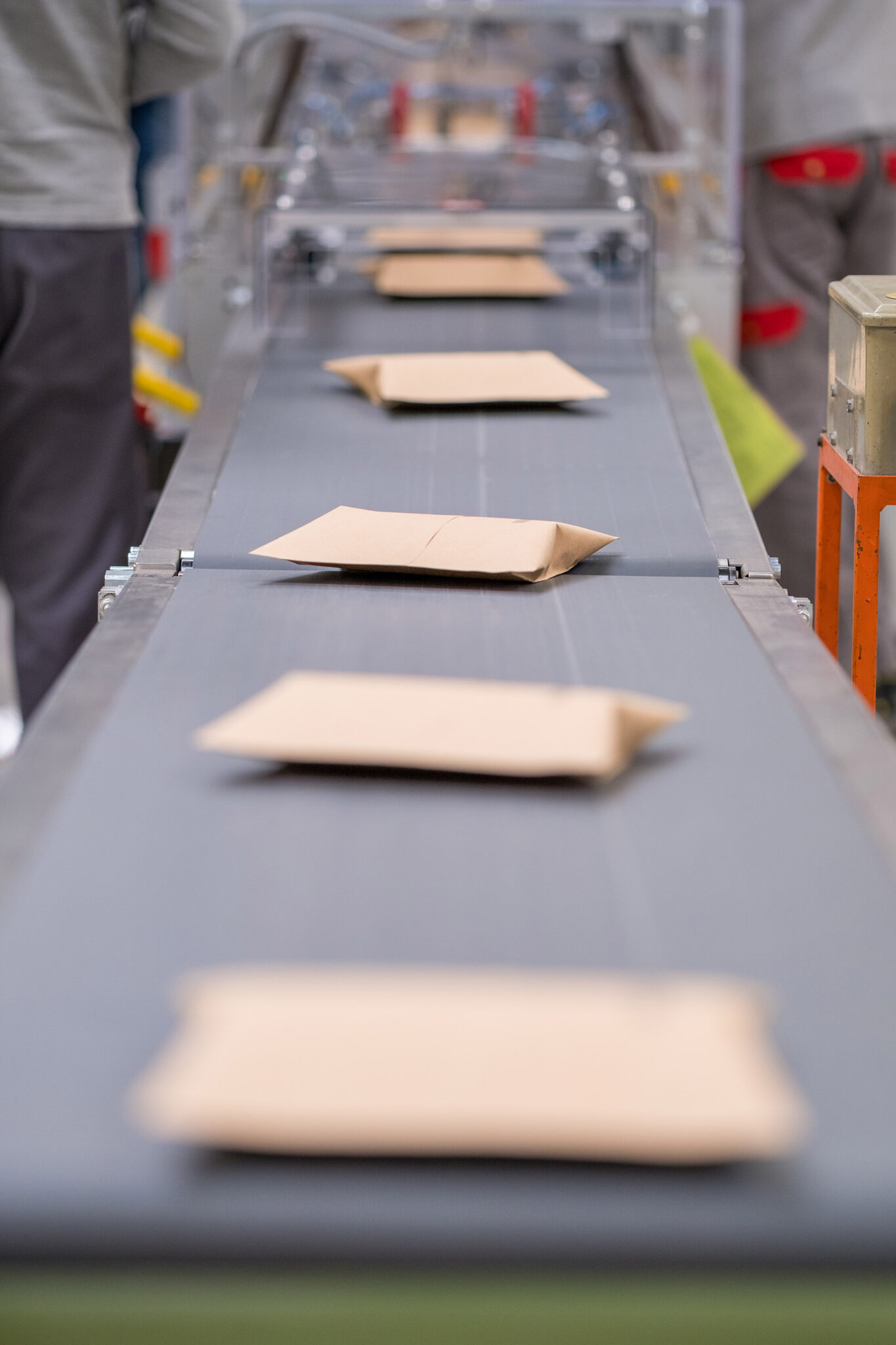Volvo Group Venture Capital has invested in the Swedish tech company Adnavem. With an online marketplace for container freight and a platform that streamlines and simplifies cooperation between parties in a global transportation chain, Adnavem has recently attracted a great many customers, investors and logistics suppliers. The idea behind Adnavem is to shift power from the transport seller to the transport buyer through increased transparency on prices, lead times, carbon dioxide emissions, and data on delivery precision.
“Adnavem is the right kind of modern company, and we see great value in their new technique and innovative business model. It is important for us to be close to the digital transformation taking place in transport and logistics around the world,” says Erik Johansson, Investment Director at Volvo Group Venture Capital.
Digitalization driving change
Transport and logistics is a traditional industry with traditional working methods. Andreas Wramsmyr saw an opportunity to combine a digital marketplace with a brand new business model, which directly links the importer/exporter with the parties providing the actual services in the transport chain.
“Many industries have already used digitalization to eliminate the middlemen whose main task it is to broker services, and now it’s the turn of the transport and logistics sector. New technology is opening up new opportunities, and as companies place higher demands on sustainability and efficiency, a digitally-driven service like Adnavem creates that much more value. Our customers are clearly indicating that they’re looking for new, more efficient ways of working, and they want to reap the rewards of digitalization. We are delighted to be able to offer smart algorithms that optimize each individual transport based on environmental perspective, price or lead time, while the process is controlled automatically for greater business value,” says Wramsmyr, CEO and co-founder of Adnavem.
Adnavem currently operates in Sweden, China and Singapore. With this year’s new capital, the company will enter new markets and continue to develop the marketplace with new services and offerings.







